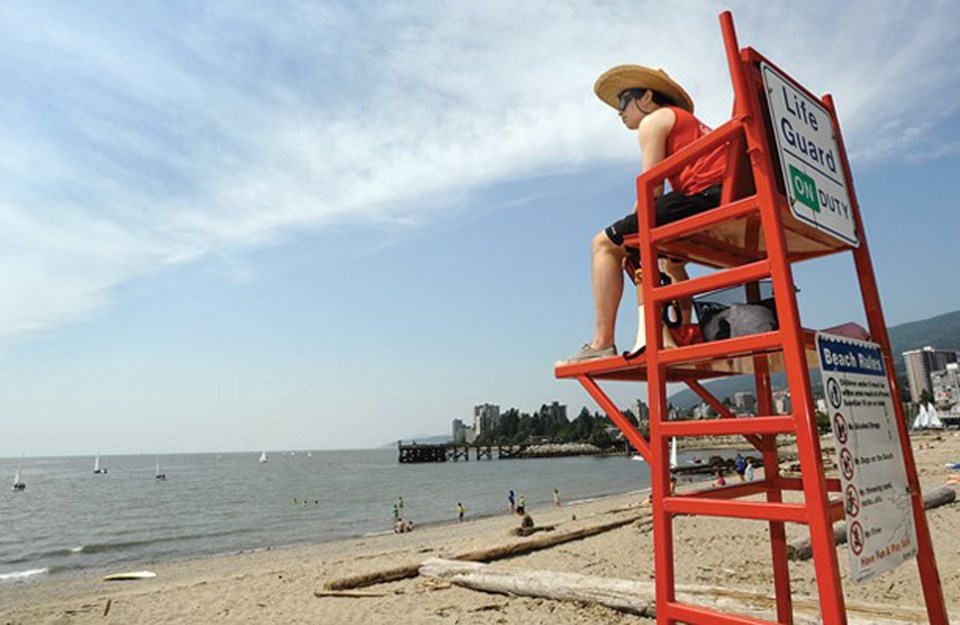A welcome spell of summery weather is on the way to the Metro Vancouver region. While many will be excited by the sunshine, it’s important to stay aware of potential risks.
On Friday (June 24), Vancouver Coastal Health released a summer weather bulletin following special weather statements issued by Environment and Climate Change Canada.
For Metro Vancouver, which includes the North Shore, a statement indicates our region is about to get the first hot stretch, with inland temperatures reaching into the upper 20s starting tomorrow, and into the low 30s into early next week.
“This is not a heat warning or an extreme heat emergency, but we will experience the first high temperatures of the summer,” reads the bulletin.
That warmer weather will also cause rapid snow melt leading to high rivers and streams, so VCH says people should keep safety in mind near water this weekend. In North Vancouver, people should take extra care near the Capilano River and in Lynn Canyon.
“It’s probably higher than we would normally see at this time of year,” said Brian Hutchinson, fire chief at District of North Vancouver Fire and Rescue Services. He added that the water isn’t just very high, but also very cold.
As many will also be keen to get on trails, Hutchinson’s advice to hikers is to check trail conditions, stay hydrated and know your personal limits.
In West Vancouver, district spokesperson Donna Powers explained that staff are prepared to welcome people at rec centres and libraries who are looking for relief from the heat.
For those looking to take a dip in the ocean, Powers said swimmers should be aware that public beaches won’t be fully staffed this weekend.
But the district has started offering free lifeguard certification, to help combat a shortage. Powers added that beaches will be fully staffed for the upcoming Canada Day long weekend.
Visit VCH’s website for more information about the health impacts of heat, as well as tips and resources to help stay safe and cool.
The B.C. Centre of Disease Control also has a broad range of heat-related information on its website, including the different types of heat alerts, how to prepare for warmer temperatures, symptoms of heat-related illnesses, those most at risk during warmer weather and ways to stay cool.



